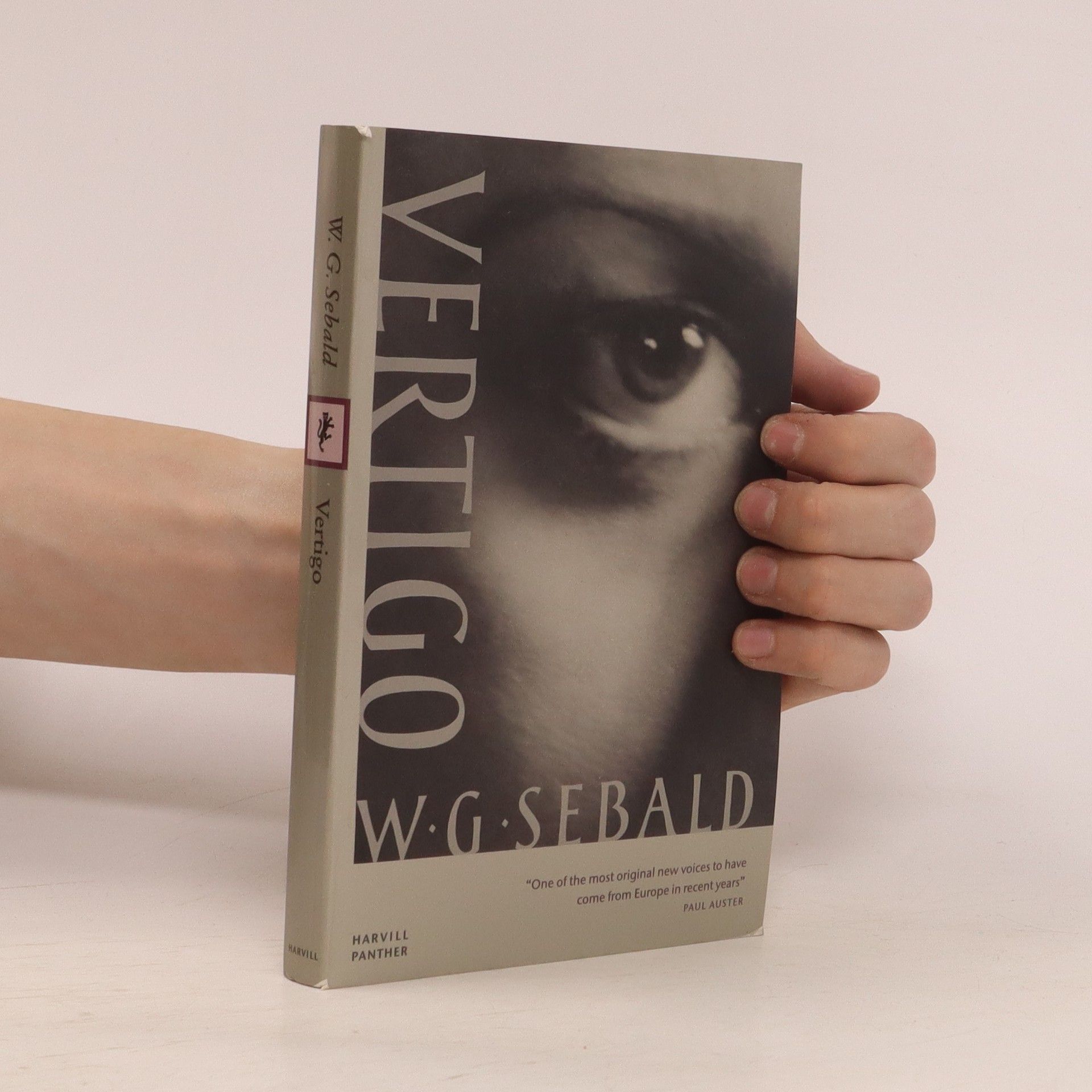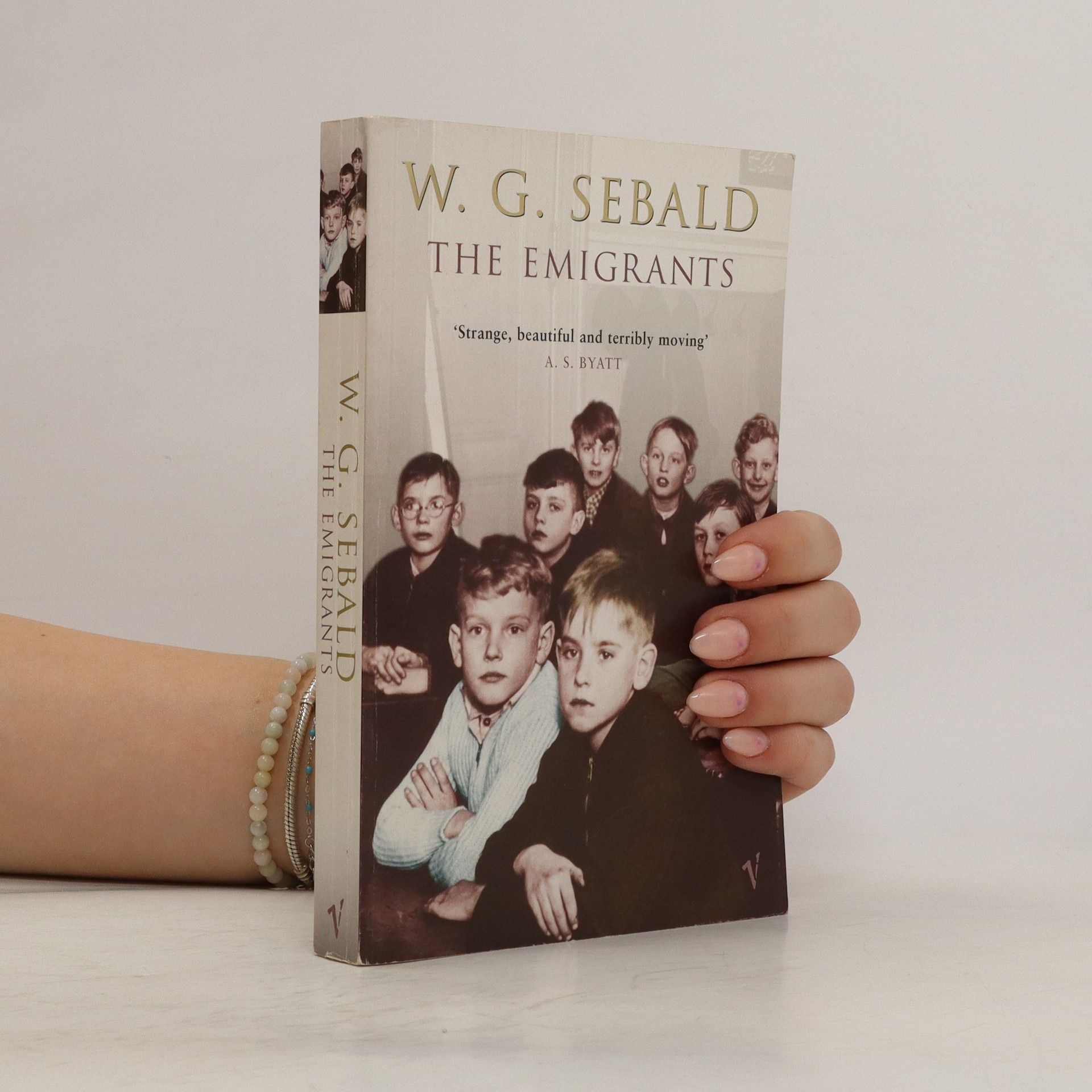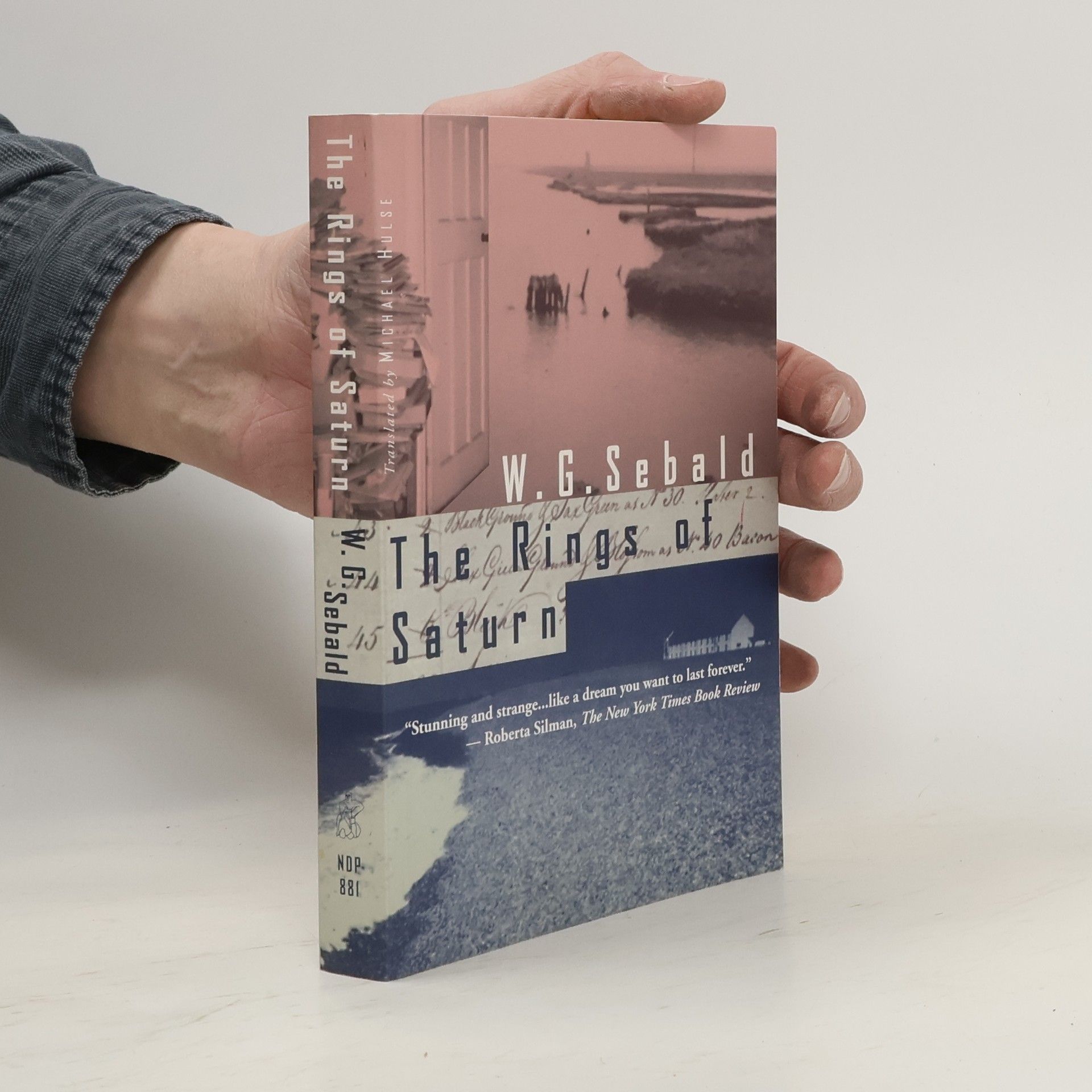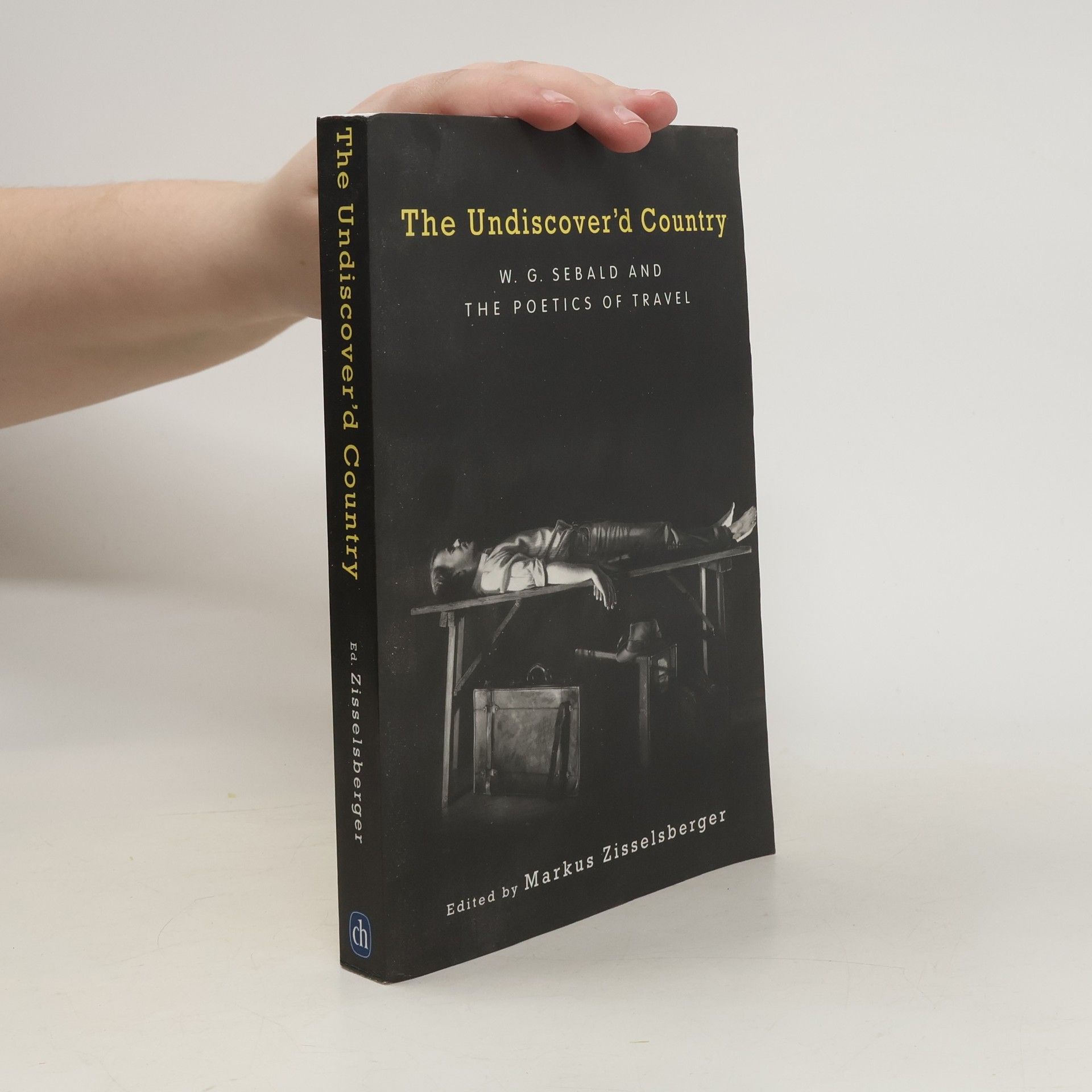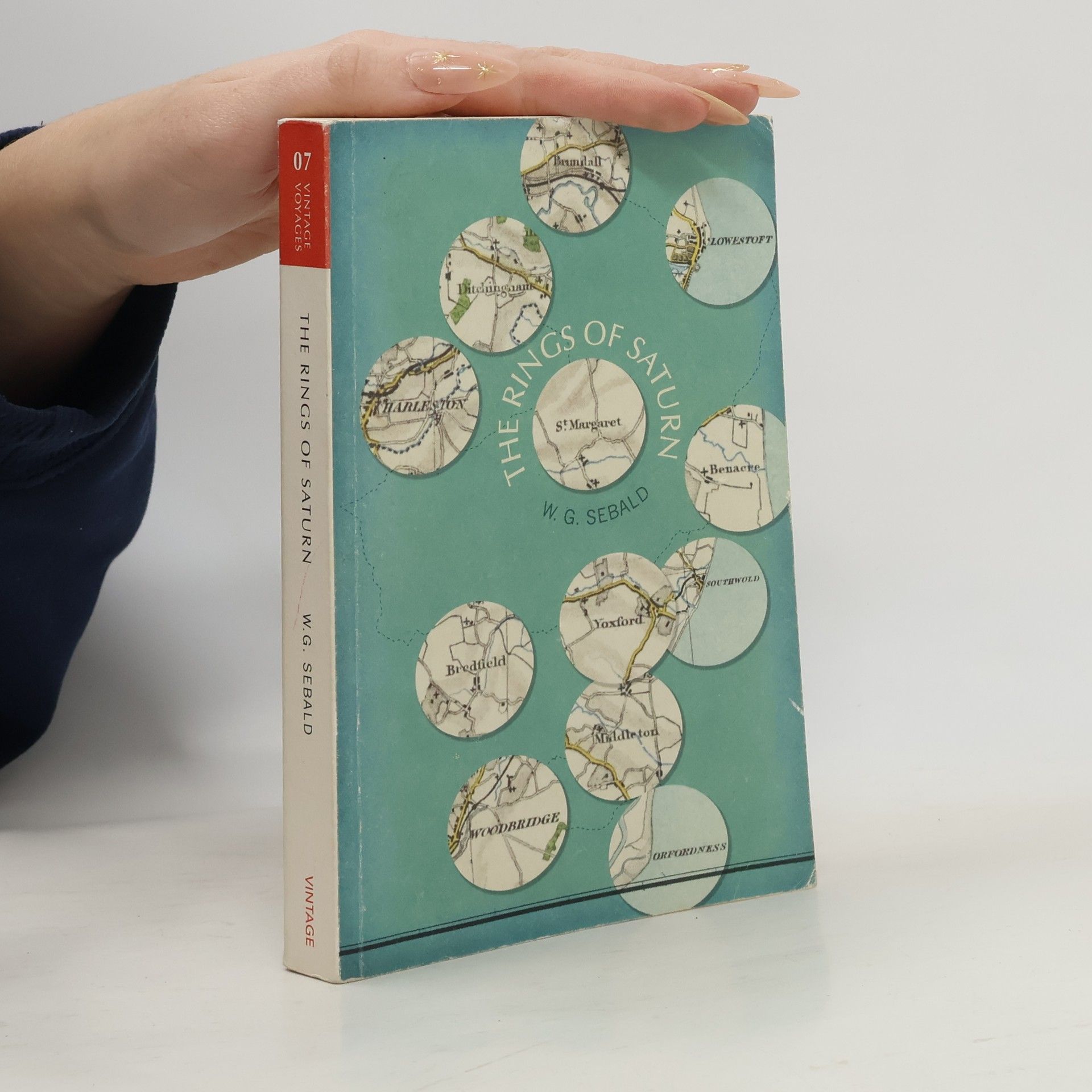Austerlitz
- 315pagine
- 12 ore di lettura
Winfried Georg Sebald, maestro di uno stile avvolgente e innovativo, ha lasciato un'impronta indelebile nella letteratura di lingua tedesca dopo Thomas Bernhard. Pochi mesi prima della sua tragica scomparsa nel 2001, ha pubblicato un romanzo che ha suscitato grande attenzione a livello internazionale. Il protagonista, Jacques Austerlitz, è un professore di storia dell'architettura che studia edifici carichi di significati simbolici, come stazioni ferroviarie e penitenziari, che nel XIX secolo assumevano forme visionarie. Austerlitz, alto e dinoccolato con un vecchio zaino, vive in un appartamento spoglio a Londra, privo di affetti e amicizie. La sua vasta conoscenza cela un vuoto interiore: non sa chi sia e ha a lungo evitato di scoprirlo. Intraprende un viaggio alla ricerca delle proprie origini, scoprendo di essere arrivato a Londra durante la guerra con un convoglio di bambini, mentre i suoi genitori venivano deportati. Attraverso luoghi e volti, emerge un passato lacerante, che Austerlitz ha sempre portato dentro di sé come un insieme di negativi non sviluppati. Questo percorso di ricerca, intriso di angoscia, racchiude la sapienza evocativa di Sebald.

